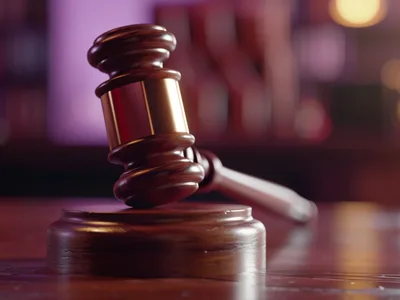An upcoming election could change the state’s direction, and casinos are involved
The upcoming special election for Texas Senate District 9, located just north of Fort Worth, has become a flashpoint in the broader debate over casino gambling in the state. The race to fill the seat vacated by Senator Kelly Hancock is attracting unusual attention due to heavy financial involvement from groups tied to the Las Vegas Sands Corporation. With Texas still enforcing strict gambling laws, the outcome could influence whether the state opens its doors to resort-style casinos in the future.
Republican candidate John Huffman, the former mayor of Southlake, has received significant backing from the Texas Sands PAC and the Texas Defense PAC — political groups connected to Las Vegas Sands. Campaign filings show that nearly 94 percent of his funding, totaling more than $1.1 million, comes directly or indirectly from these casino-linked organizations.
Huffman, a fiscal conservative by label, has argued that expanding gaming could bring jobs and keep tax revenue within Texas rather than sending it to neighboring states.
His opponent, Republican Leigh Wambsganss, has taken the opposite stance, criticizing the influence of out-of-state casino money in Texas politics. She has pledged to resist any efforts to legalize gambling, saying the focus should remain on fiscal responsibility and protecting local values. Her campaign has emphasized transparency and limited government, attempting to draw a sharp contrast with Huffman’s casino-backed campaign.
Las Vegas Sands has spent years lobbying for legalized casinos in Texas, seeing the state as a lucrative untapped market. Through its PACs, the company has invested millions in political contributions, public outreach, and advertising aimed at building support for gaming reform. The corporation argues that allowing resort-style casinos would create jobs and funnel gambling-related spending back into Texas infrastructure and education.
Early voting for the District 9 election begins October 20. A win for Huffman could energize future efforts to legalize casino gaming, while a loss may signal that Texas voters remain hesitant to embrace gambling expansion despite growing industry pressure.

